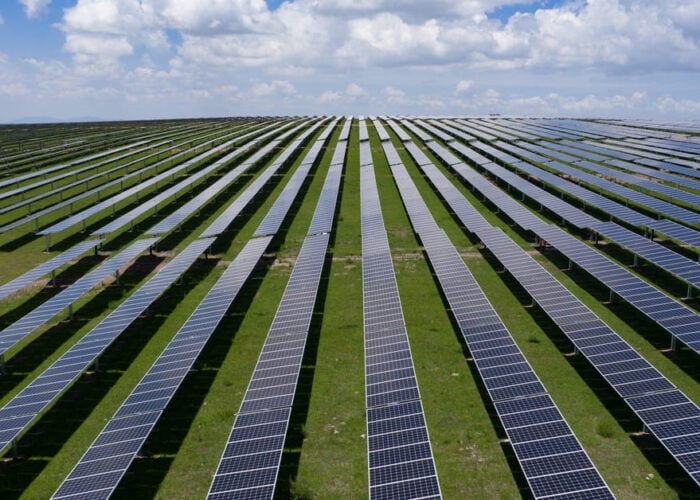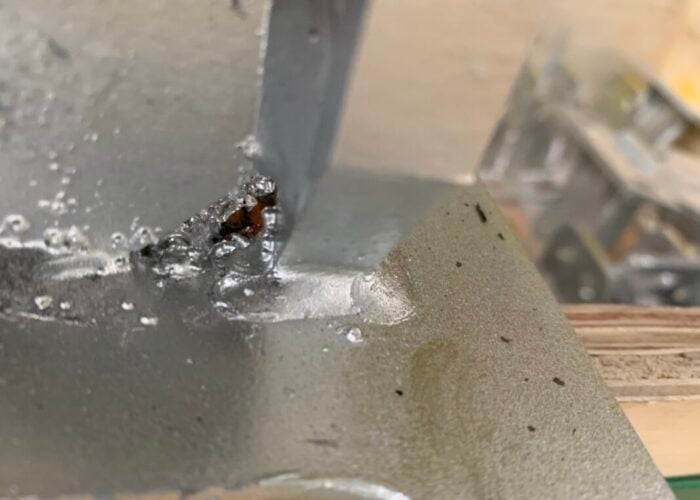
US renewable project developer Arevon Energy has finalised US$98 million in tax equity financing for a 265MW portfolio currently under construction in the US state of Indiana.
The portfolio consists of the 192MW Ratts 1 Solar project and the 73MW Heirloom Solar project, both of which the company expects to commission this year. The projects will be connected to the Midwest Independent System Operator (MISO) grid.
Try Premium for just $1
- Full premium access for the first month at only $1
- Converts to an annual rate after 30 days unless cancelled
- Cancel anytime during the trial period
Premium Benefits
- Expert industry analysis and interviews
- Digital access to PV Tech Power journal
- Exclusive event discounts
Or get the full Premium subscription right away
Or continue reading this article for free
Arevon has signed power purchase agreements (PPAs) with the Indiana Municipal Power Agency and technology giant Meta to sell power generated at the Ratts 1 and Heirloom projects, respectively. The financing comes from Fifth Third Bank, the headquarters of which are in Cincinnati, and the deal is the first collaboration between the bank and the developer.
“We were proud to work with Fifth Third Bank and our other financing partners on all we have achieved across our projects’ financing packages,” said Arevon chief investment officer Denise Tait. Alongside Fifth Third Bank, Paragon Energy Capital, Latham & Watkins and Norton Ross Fulbright were all involved in the deal.
Arevon noted that this tax credit transfer deal was enabled by the Inflation Reduction Act (IRA), which has helped created an industry that could be worth billions of dollars annually, according to Bryen Alperin, managing director at investment banker Foss & Company. Last year, Arevon COO Justin Johnson told PV Tech Premium that tax credit transferability had “democratised” access to tax credits and encouraged investment in the clean power space.
However, last week the US House of Representatives passed a bill slashing tax credit provisions for clean energy projects. While Crux noted that such credits were treated “more favourably” than in previous iterations of the bill, the passage of legislation to limit the scope of financial mechanisms designed to support the clean energy transition, such as the transferable tax credits, is an ominous development for US renewable financing.






